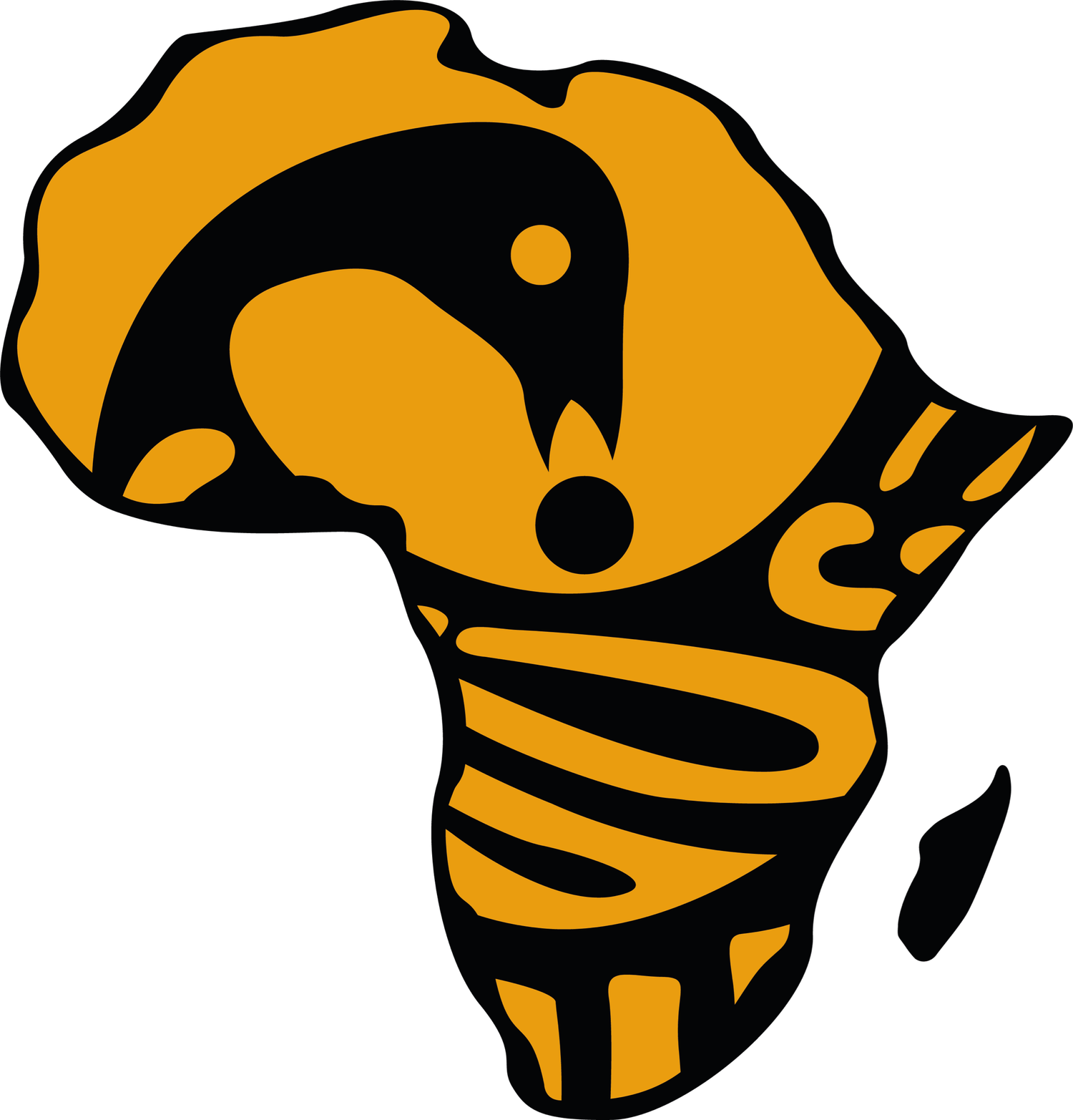What is pan-Africanism?
Click here to download this lesson in slideshow format
Welcome to Liberation Philosophy Level 1, Lesson 1: What Is Pan-Africanism?
In this lesson, you will learn about:
Political and cultural unity for Black people everywhere
Political independence and self-determination for Black people everywhere
A political ideology that stands against all forms of racism, prejudice and oppression
Alternatives to white supremacist capitalism
Pan-Africanism compared to socialism and Marxism
Objectives
After this lesson you will understand:
The foundations of pan-African politics
Why pan-Africanism offers the best route towards Black liberation
What specific solutions pan-Africanism provides
Pan-Africanism is the political and cultural principle that calls for the unity of all Black people. It calls for liberation from forces of oppression and exploitation through the political unification of the entire African continent.
The politics of pan-Africanism simply state that Black people should control the sociopolitical infrastructure of their own communities. This means that businesses and institutions throughout Africa, the Caribbean and Western Black communities should work in the best interests of Black people.
Reclaiming true political independence over the African continent remains the primary goal of pan-Africanism. This would allow for the development of new political and economic systems that do not rely on mass exploitation, nor cause ecological crises across the planet.
Africa has been ravaged and exploited due to its wealth of resources. Devices such as mobile phones and laptops, vehicles such as cars and jets, and nuclear power plants could not exist if not for Africa. This abundance of resources makes the continent uniquely placed to build a better society.
Unity is a necessary step in the progression of Black people worldwide, and pan-Africanism calls for unity on the basis of Blackness. Blackness describes not only one’s colour and features, but a shared culture, history and struggle. It is a response to racism and a borderless concept, and its embrace is the first step towards the collective goal of true self-reliance.
Pan-Africanism means casting off the system of capitalism, which was developed through the genocide and enslavement of Black people. This political system, which has been globally adopted through Western imperialism, is based on the exploitation of both humans and nature. It is therefore unsustainable, and pan-Africanism provides the antidote to the ills of capitalism.
Pan-Africanism also differs from socialism and Marxism, which have useful tenets, but are ultimately Eurocentric in their approach. These theories mistakenly place race secondary to class, relegating racism to an aspect of class struggle. However, racism is central to capitalism as today’s world system was born out of the enslavement of Africans. Capitalism, therefore, requires a response that places anti-racism at the centre.
Marxism also places the white working classes of Europe and America at the forefront of revolution, removing the poorer classes from the struggle. The reality of history shows this to be flawed, and that even if these different social systems were implemented, Africans would still be exploited by Europeans due to how embedded racism is in their collective worldview and how dependent European society is on African resources.
Pan-Africanism provides solutions to issues that specifically plague Black people worldwide. The mechanisms of decolonisation, the reinstitution of African languages, the implementation of African philosophical thought, the elimination of European-drawn borders and the dismantling of Eurocentric notions of family and gender all occur under pan-Africanism. With its implementation, pan-Africanism helps end the suffering of not just Black people, but of every other group of people on the planet.
Integration into the racist society of today’s Euro-American empire is rejected under pan-Africanism. Without a political power base, the governments of Europe and America dictate how Black people are treated within their societies. Today, this has led to racist "colourblind" practices such as mass incarceration, and has served to separate the global Black community that exist under the same structures of oppression worldwide.
The creation of a pan-African culture is another central aspect. This removes the promotion of individual interests, and underpins the religious, spiritual and cultural practices of different African groups, whether in Africa or the diaspora. These differences all come secondary to the major problems of white supremacy and Black oppression. Ingrained racism, sexism and various bigotries (such as homophobia) are all confronted and rejected upon embracing pan-Africanism, as the principle calls for the liberation of all, and most of all, for revolution!
Some famous self-proclaimed pan-Africanists include:
Marcus Garvey, the founder of the Universal Negro Improvement Association and African Communities League
Malcolm X, a revolutionary and founder of the Organisation of Afro-American Unity
Kwame Ture FKA Stokely Carmichael, a revolutionary and member of the Black Panther Party and A-APRP
Winnie Mandela, an anti-apartheid revolutionary
Amy Ashwood Garvey, director of the Black Star Line shipping corporation
Amy Jacques Garvey, an activist and leader of the United Negro Improvement Association
Kwame Nkrumah, the revolutionary first leader of Ghana
Cheikh Anta Diop, a historian, physicist and polymath
Steve Biko, a revolutionary activist
Marimba Ani, a writer and scholar who coined the term "Maafa"
John Henrik Clarke, a historian who helped to establish the Organisation of Afro-American Unity
Bob Marley
Muhammad Ali






